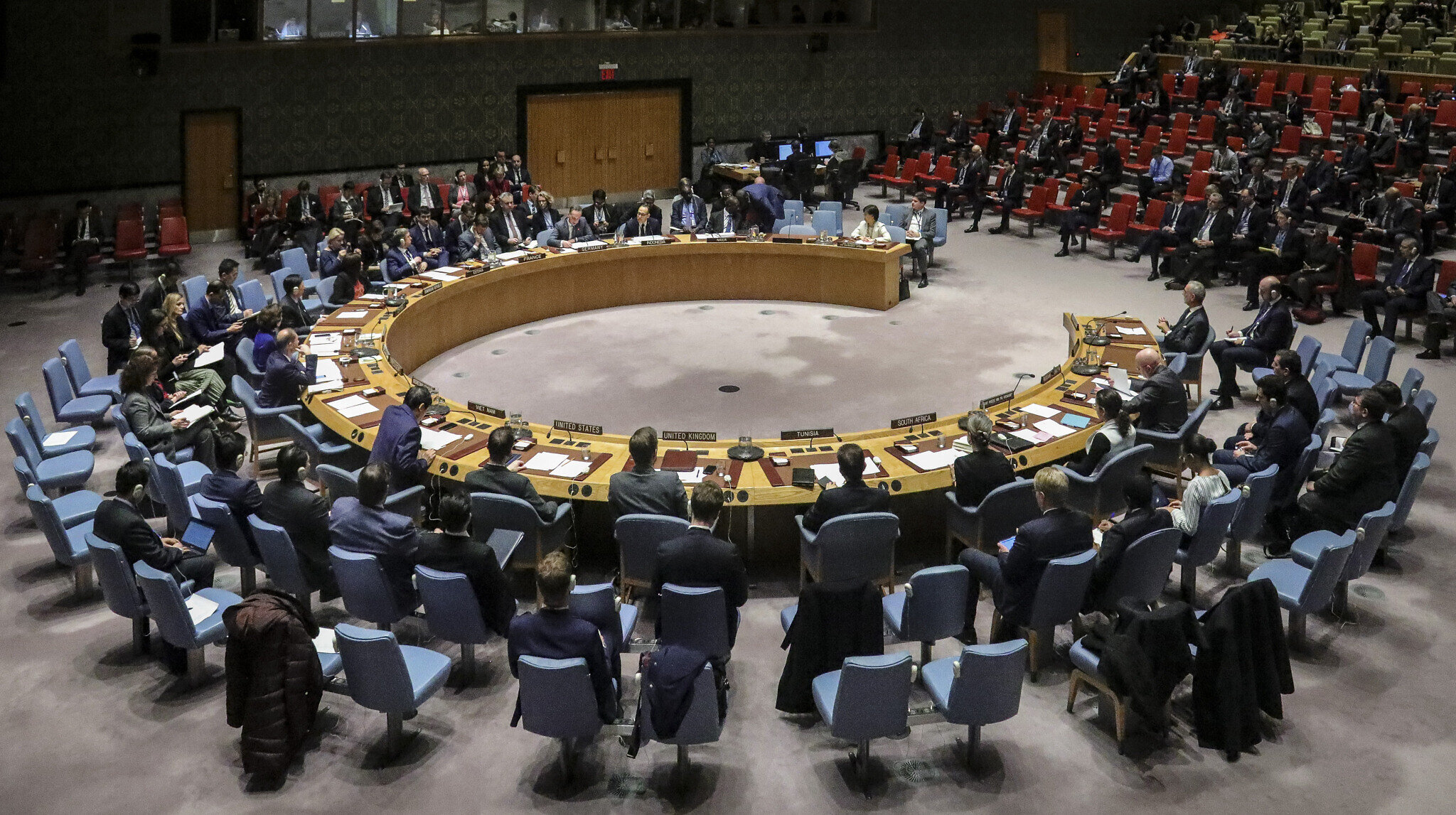
Security Council
Hey everyone my name is Hashem Qusus, I’m a junior in NOS and I have the honor of being this year’s president of the Security Council. The security council to me is the holy grail of MUN committees, the excitement and thrill I experienced every single one of those three days as a delegate
Being a Security council delegate was unmatched, and that’s what I hope all my delegates feel every moment they are in this amazing committee,to me without a doubt the best committee a delegate can apply for. I attended SC on various occasions and none of those experiences failed to make me happy, confident and give me a sense of commitment and respect to anyone who faces and tries to help our world daily.
The first topic in the Security council is navigating the sovereignty of the breakaway region of Transnistria, Transnistria is a de facto state that has been fighting for sovereignty ever since their independence, it’s located in the northern part of Moldova and has undergone wars to prove its sovereignty. The Second topic is The South Korea emergency martial law declaration. South Korea declares martial law since they are facing serious threats from their neighboring country of North Korea, and is getting pressured by the United States of America since they are also getting involved. Delegates I expect you all to come prepared and understand the topics well, I know you will all do amazing and will for sure exceed my expectations, can’t wait to see you all in January!
Topic 1: Navigating the Sovereignty of the Breakaway Region of Transnistria
Transnistria or the Pridnestrovian Moldavian Republic(PMR), is a de facto state in the north-eastern part of Moldova and has been fighting for sovereignty ever since the collapse of the Soviet Union in 1991. Even with Transnistria having its own currency, government, military, and a Russian-speaking majority, it is not officially recognized by any country in the UN, not even by Russia itself. The only two nations that recognize Transnistria are the self-proclaimed states of Abkhazia and South Ossetia, which are also not recognized by the UN.
Transnistria has undergone conflict with Moldova for multiple years after the fall of the USSR, eventually reaching a boiling point where a small war occurred between the two nations in 1992. With Russia supporting Transnistria preventing Moldova from effectively taking control. It ended with a ceasefire brokered in the same year when Russian “peacekeeping” forces were deployed to safeguard the region along with its stockpile of Soviet-era weapons that remained. To this day, around 1,500 Russian forces occupy the region.
Ever since the war, Transnistria has remained in a “frozen deadlock” where they are autonomous and self-governing, but not independent, Abkhazia and South Ossetia also follow this parallel and have all remained unrecognized by the UN. The Kremlin has even shown strong opposition to making Transnistria its sovereign state. Russia has instead used Transnistria as an extension of itself to maintain influence and control over Moldova, posing a massive threat to Moldovan sovereignty.
Topic 2: The South Korea emergency martial law declaration
South Korea President, Yoon Suk Yeol, has declared “emergency martial law”, emphasizing the need of taking control over the parliament since it has been helping North Korea. Martial Law is a temporary rule by military authorities in times of emergency, when the civil authorities are seen to be unfit to take control and all political activities would be banned.
The announcement by President Yoon comes with a growing tension in South Korea's political ground, dominated by a conservative People Power Party that he leads and a liberal opposition Democratic Party in a protracted standoff. Yoon said in his speech, "I declare martial law to protect the free Republic of Korea from the threat of North Korean communist forces, to root out the despicable pro-North Korean anti-state forces that are robbing our people of their freedom and happiness, and to protect the free constitutional order.". This crisis has signaled implications for South Korea's domestic stability and regional and global relationships, especially with North Korea and its alliance with the US. The United States did not receive prior notification of the decision by South Korean President Yoon Suk Yeol to declare martial law in the country, and are concerned by the developments there.
This law implication has created chaos within the country as civilians are protesting and saying that President Yoon should be arrested because he implemented the law without any proof that South Korea has enemies within, it was solely based on an intuition feeling.
While Yoon pointed to possible North Korean threats as part of the grounds to impose martial law and label opposition actions as undermining state security, no credible direct evidence of North Korea’s involvement with the declaration of martial law or with political developments that happened in South Korea.
All 190 MPs who were present in the event proceeded to vote in favor of blocking the martial law. But if the country's parliament — the National Assembly — can vote to override it. That's despite the president's emergency declaration making a gathering of the National Assembly illegal. Military says martial law staying in place and the AFP news agency is reporting that South Korea's military says it will maintain martial law until it is lifted by President Yoon Suk Yeol.
But MPs refuse to leave parliament. There have been sightings of police and army officers leaving the National Assembly building since the vote to block the martial law decree, but opposition MPs aren't budging.
Will this be the downfall of South Korea?
Study Guide
Delegate’s Guide
SC Guide 2025


